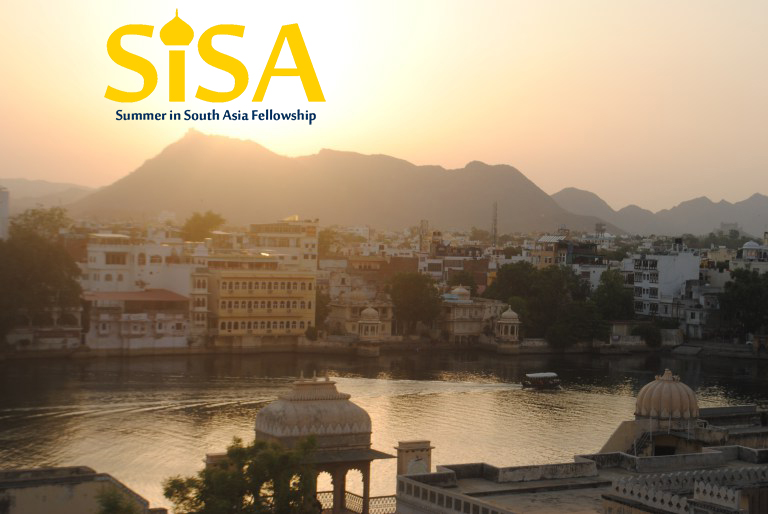I leave for India in 36 hours. Over the course of this summer I have typed and erased this sentence more times than I can count, the measurement of time gradually shortening. Writing has always been difficult for me, and trying to organize my thoughts for what I know will be a public blog has been more fear inducing for me than the whole traveling alone across the world for 7 weeks thing. I deliberately chose to spend the latter half of my summer in India, thus allowing myself the first half to organize and plan. This time has quickly passed, and even with the last 9 weeks of planning I still feel wildly unprepared for what is to come. On paper, most things seem to be accounted for. I’ve created a document detailing my flights, hotels, hostels and addresses, and the NGO I’m working with has provided me with a neatly outlined schedule of how I’ll be spending my time with them. But the little details – like what I’ll be wearing, how to order food in a language I don’t speak, what to eat, who I’ll be spending my time with – all of this is unknown and cannot be accounted for until I am actually in India.
Once in India, I will be interning and doing research with the Antara Foundation, a group devoted to the improvement of maternal and child health for the first 1,000 days of life. The Antara Foundation is a public health oriented NGO that emphasizes the importance of implementing their programs at a scale. What this means is that all of the work done by the Antara Foundation is delivered in a way that takes into account the size and structure of the communities they are serving, thus developing efficient, effective and sustainable interventions. I’ll be working with the Antara Foundation in Jhalawar, the rural region in the state of Rajasthan which they affectionately refer to as “the grassroots.” It is here that they launch many of their pilot initiatives, before scaling them up to bigger and further reaching populations.
My research will be investigating how people in the rural region of Jhalawar are accessing health care, and how this changes during the monsoon season. Currently in Jhalawar, it is monsoon season. Life by no means comes to a halt, but the monsoon season cannot be ignored. Between the heat and unpredictable torrents of rainfall, life goes on around the happenings of the monsoon. Without severe acts of nature, rural communities like Jhalawar are already disadvantaged in that their access to health care is limited by their distant proximity to care providers. I have always been interested in how people work to overcome geospatial barriers to care, and am especially intrigued by how people adapt during the added obstacle that is monsoon season.
I am beyond excited for what lies ahead of me, but am inexplicably nervous. People keep asking me how I feel about going to India and my response has not changed: “Excited! Nervous! Ahhh!” I know that I am about to grow and learn in ways I cannot anticipate. My friends and I talk about how part of growth is being uncomfortable. Given the growth I am about to experience, I wonder if and where discomfort may arise. I find myself wondering about how I perceive my life in Ann Arbor that I have lived thus far. I want to change and be shaped by this experience, but I worry about how I will fit back into the life I have molded for myself here. Time will tell and I will learn. In the midst of all the uncertainty I am feeling now I know for certain that I am immensely grateful for this opportunity and for the great things that are coming.
